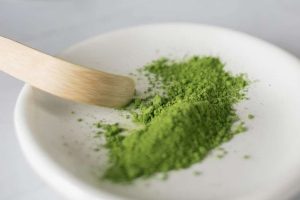
5 Reasons Why Kratom Approval is Important
Kratom has sparked debates regarding its safety, legality, and potential benefits. As discussions surrounding its approval continue, here are five compelling reasons why formal recognition and approval of kratom best for energy are crucial:
1. Regulatory Clarity and Safety Standards:
Formal approval of kratom best for energy by regulatory bodies establishes clear guidelines for cultivation, production, and distribution. This ensures that kratom products meet stringent safety standards, including purity, potency, and absence of contaminants. With regulatory oversight, consumers can confidently use kratom products without concerns about adverse effects from impurities or improper dosing.
2. Access to Quality Products:
Approval facilitates access to high-quality kratom products from reputable sources. It encourages manufacturers to adhere to Good Manufacturing Practices (GMP), ensuring consistency and reliability in product quality. This is particularly important for users who rely on kratom for pain management, anxiety relief, or other health benefits.

3. Research Advancement:
Official recognition encourages scientific research into kratom’s potential medical benefits and risks. This includes studying its alkaloid composition, pharmacological effects, and therapeutic applications. Such research is essential for understanding kratom’s role in pain relief, opioid withdrawal management, and mental health support, potentially leading to new treatment options.
4. Public Health and Harm Reduction:
Kratom’s approval allows public health agencies to provide accurate information and guidance to consumers and healthcare providers. It promotes harm reduction strategies by educating users about safe kratom use, potential interactions with medications, and recognizing signs of misuse or dependency. This proactive approach helps mitigate risks associated with unregulated kratom use.
5. Consumer Rights and Legal Protection:
Formal approval strengthens consumer rights by ensuring legal protection for individuals who use kratom responsibly. It distinguishes kratom from illicit substances and supports efforts to decriminalize its possession and use where applicable. Legal recognition also fosters a supportive environment for advocacy efforts aimed at expanding access to kratom for those who benefit from its therapeutic properties.


